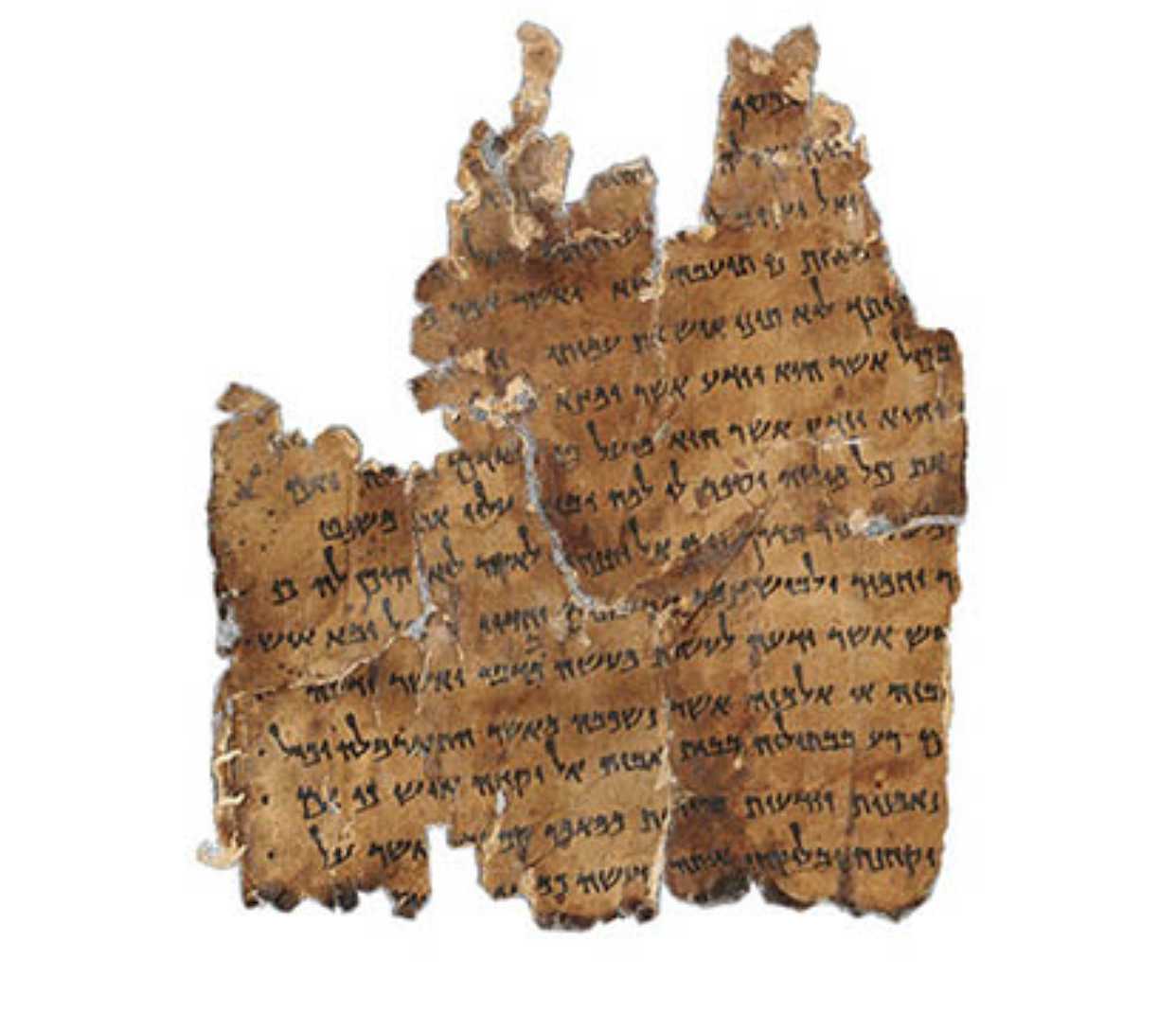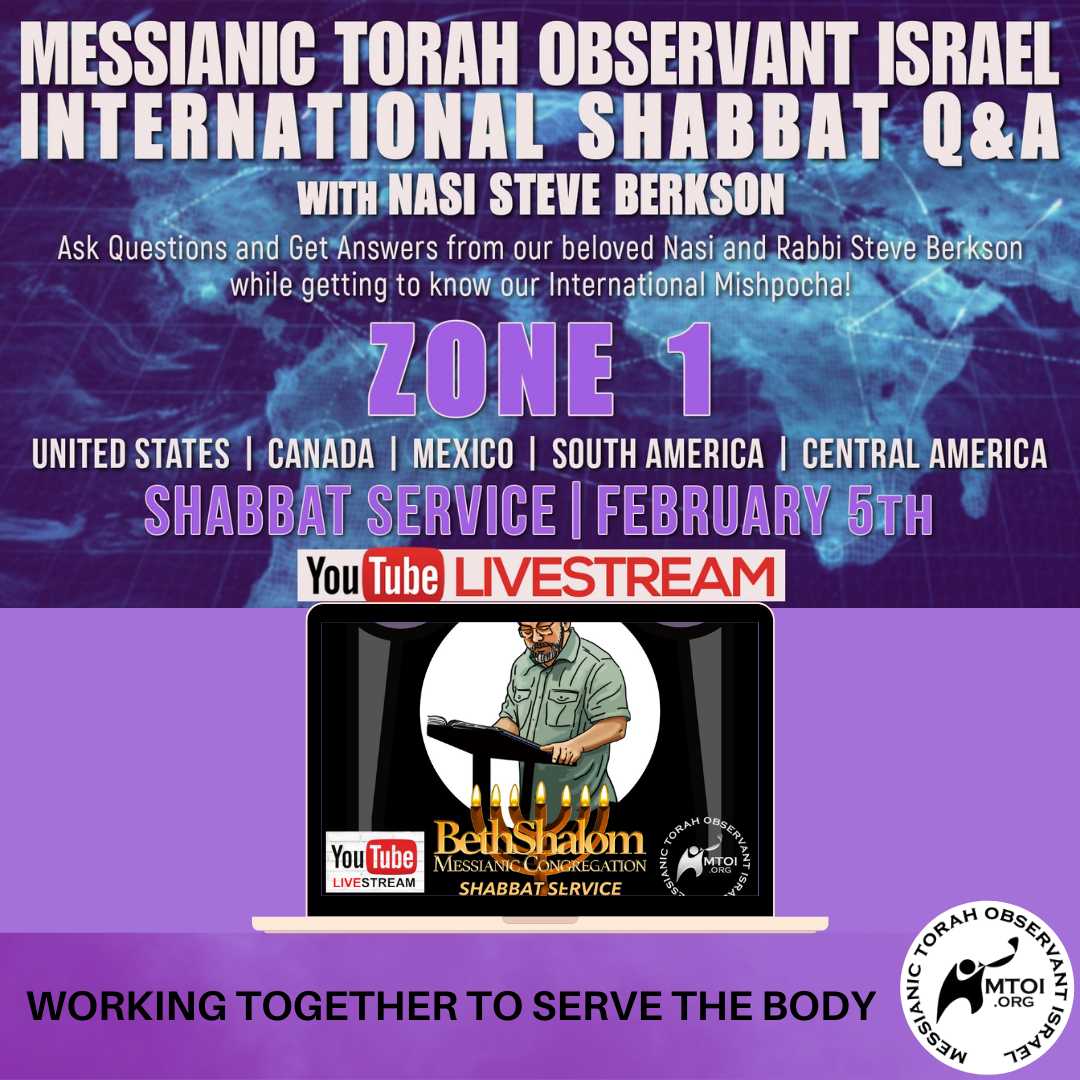Watch
Events
Articles
Market
More
The Essenes offered no sacrifices in Yerushalyim, ever! The Dead Sea Scrolls bear this out!
The Damascus Document says that none of those who follow the Righteous Teacher, and have entered the renewed Covenant, ‘shall enter the sanctuary to light up Yah’s altar in Vain’!!
Instead, their righteous deeds and prayers will effect atonement!!
This was the 9th scroll, found in cave one, fragments 3,4 and 5.
Absolutely phenominal!!




This site is taking serious steps toward 'building the Kingdom.' Have you noticed? Do you even know what 'the Kingdom' is or what it should look like to 'build it.' Come along!!
#familyfirst
https://natsab.com/2022/02/05/....building-the-kingdom



Link to service - https://youtu.be/5OMBjbn3aQc
Welcome to our weekly Sabbath Service. SHABBAT SHALOM!
Join us live for music, dancing, testimonies, teaching and a Q&A session.
*REMINDER*
This coming Shabbat it's the Zone 1 Q&A session, specifically for time zones across the United States, Canada, Mexico, South and Central America. Everyone is welcome but questions and attention will be given to the mishpocha in these specific areas first.
Don't miss out on new teachings every week. Please click on the "LIKE" button if this video has been a blessing to you.
For more information about MTOI (Messianic Torah Observant Israel), visit our website at https://mtoi.org.
Join us on Social media!
Like us on Facebook: https://www.facebook.com/mtoiworldwide
Follow us on Instagram: https://www.instagram.com/mtoiworldwide/
Follow us on Twitter: https://twitter.com/mtoiworldwide
Join us on The Torah Network: https://social.ttn.place/mtoiworldwide
Join us on Telegram: https://t.me/mtoiworldwide
We are located in Cleveland TN. If you would like to know more about us, we would love to hear from you! Feel free to visit us on our website https://mtoi.org, email us at admin@mtoi.org or call us at 423-250-3020.
.
.
.
#Shabbat #Torah #Yahweh #Yeshua #Elohim #Messiah #messianic #torahobservant #mtoiworldwide #clevelandtn #Mishpocha



